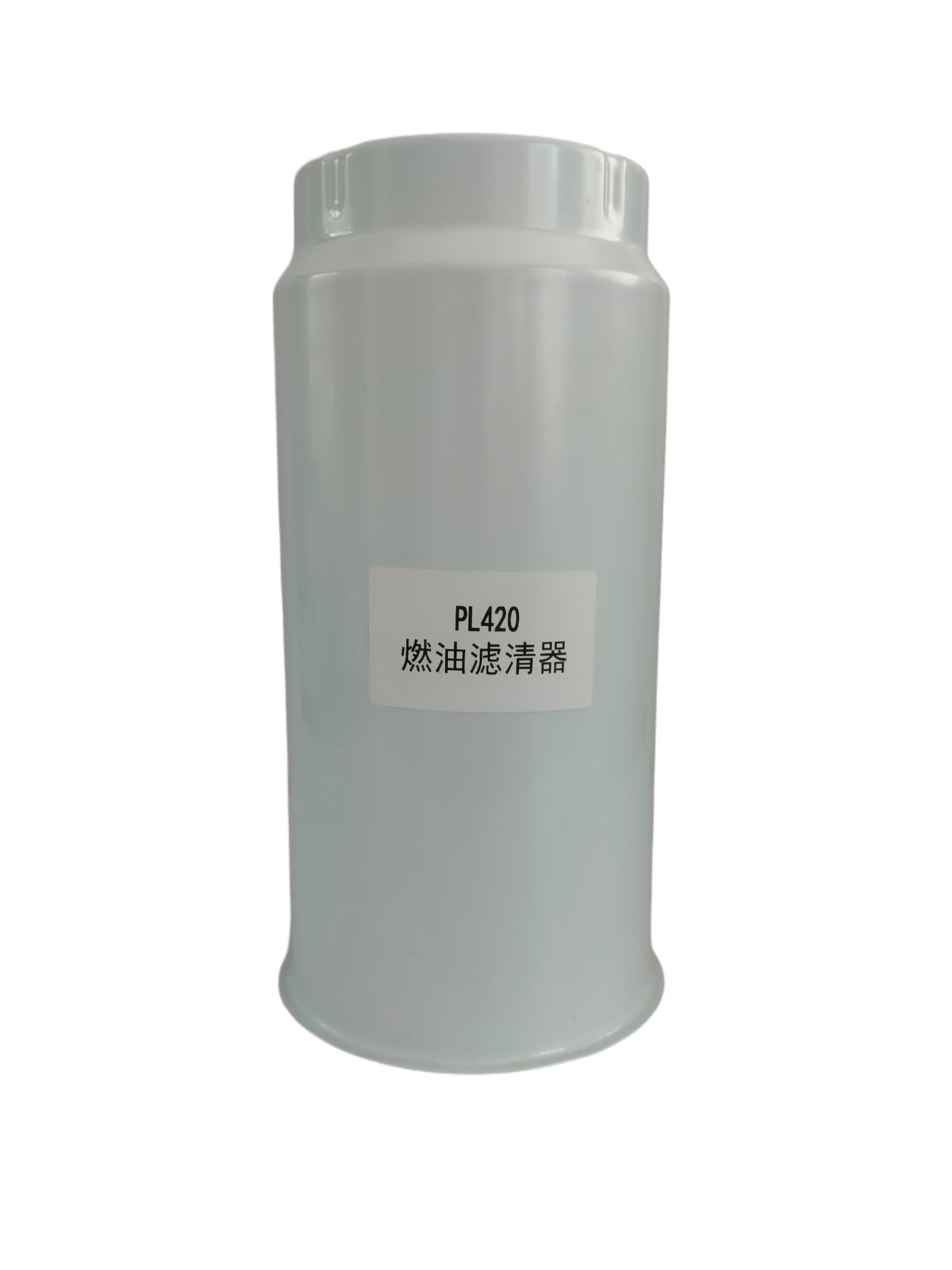What are the classifications of oil filters?
2025-07-17
In the mechanical and industrial fields, oil filters (oil strainers) serve as crucial components in hydraulic, lubrication, and fuel systems. Their primary function is to remove impurities such as particles, water, and contaminants from fluids to protect system operation and extend equipment lifespan. With technological advancements and expanding applications, oil filter types have become increasingly diverse to meet various operating conditions and needs. This article details several main classifications of oil filters to help readers better understand and select suitable products for their applications.
Classification by Installation Method
1. **Replaceable Cartridge Oil Filters**
Replaceable cartridge oil filters are the most common installation method. Users can regularly replace the filter cartridge based on its usage, without needing to replace the entire oil filter unit. This design reduces maintenance costs and improves replacement efficiency.
2. **Spin-on Oil Filters**
Spin-on oil filters are installed directly onto the system via threaded connections. Replacement involves unscrewing the old oil filter and screwing on a new one. This installation method is simple and quick, suitable for situations with limited space or frequent filter changes.
3. **Immersion Oil Filters**
Immersion oil filters are submerged directly into the oil tank. Oil passes through the filter element via gravity or pump action. This installation method is suitable for large oil tanks or situations requiring continuous filtration, effectively removing suspended particles from the tank and maintaining long-term oil cleanliness.
In summary, oil filters are classified in various ways, each type having specific applications and advantages. When selecting an oil filter, consider the system's specific requirements, fluid properties, operating environment, and maintenance costs to ensure the chosen filter meets actual needs and provides reliable support for stable equipment operation. With continuous technological advancements, future oil filters will exhibit further performance improvements and broader applications, contributing to the intelligent and efficient development of industrial production.
RELATED INFORMATION
How to maintain the oil filter
2025-08-07
How to maintain a small car's oil filter
2025-08-01
Precautions for installing an engineering vehicle oil filter
2025-07-24




